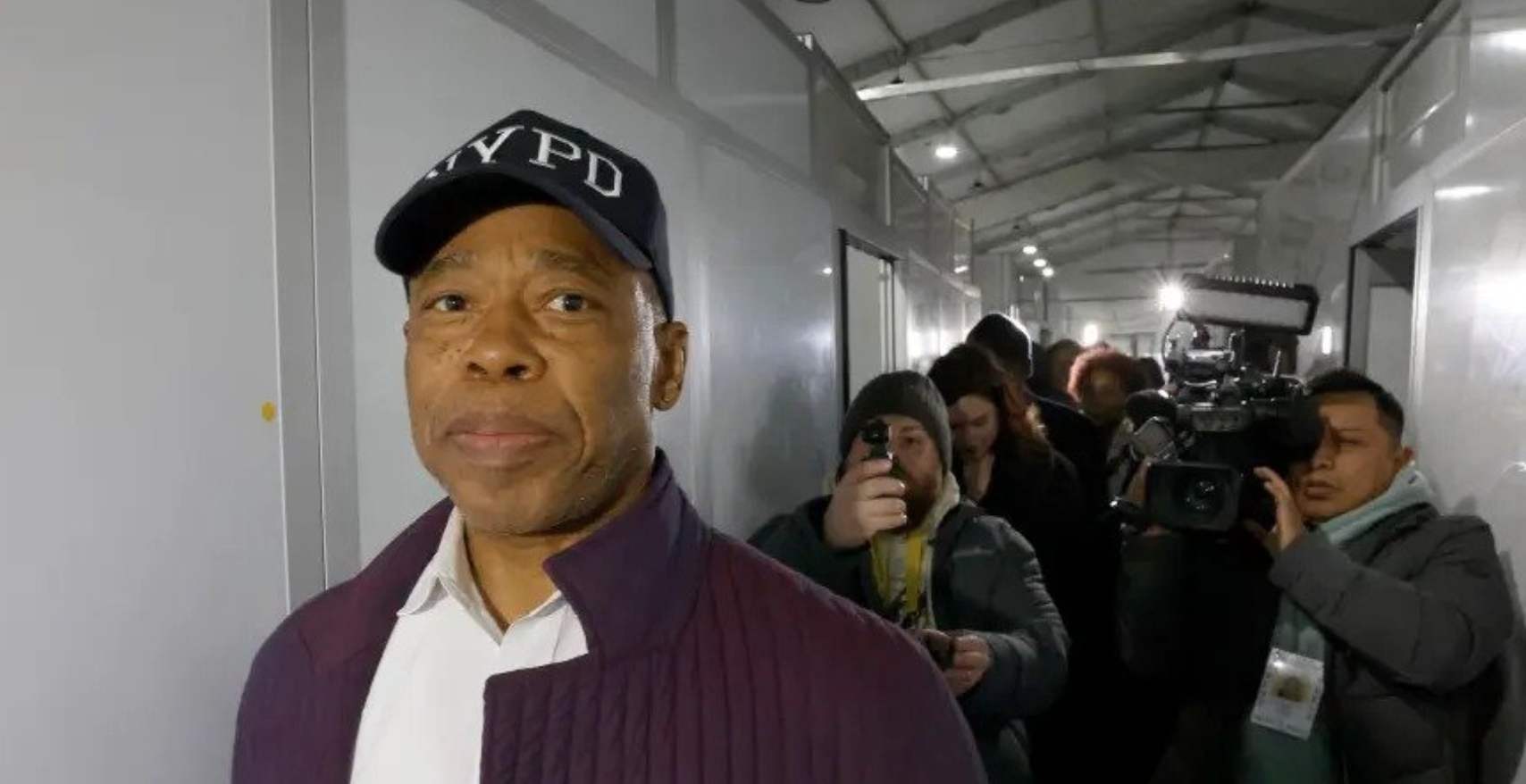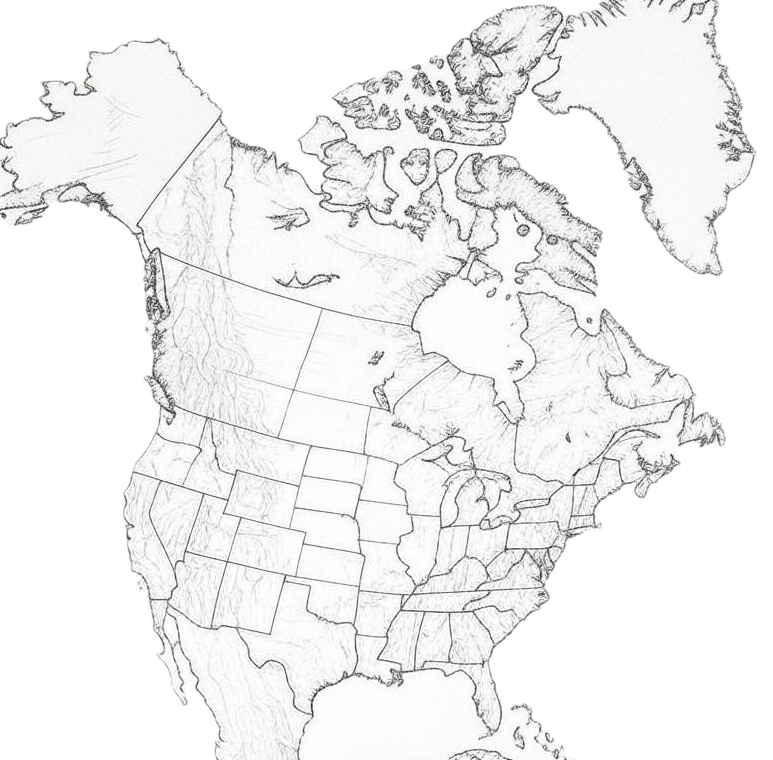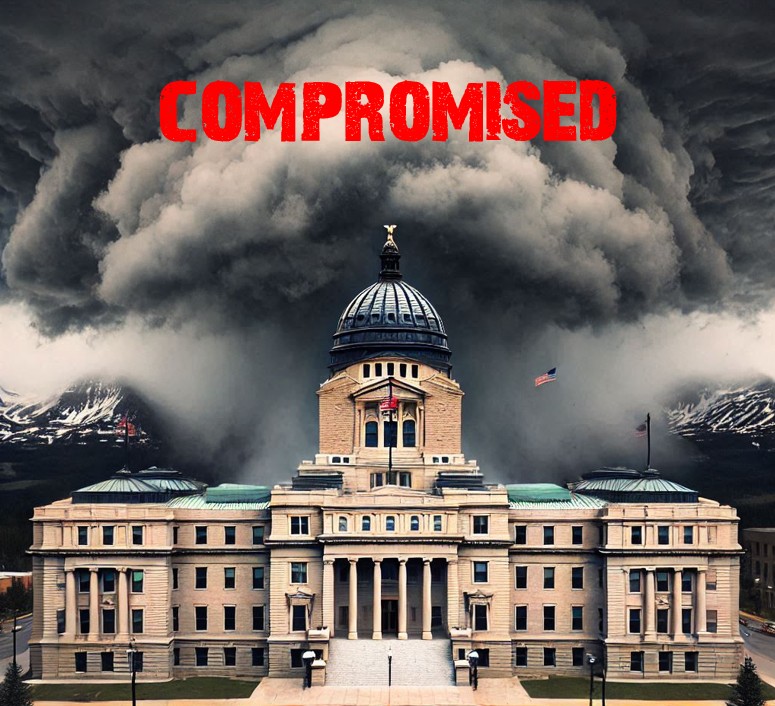
Authored by Tripp Skinner, a long-term defense industry consultant and security analyst
Update: Yesterday , Georgian regulators appointed a receiver (“manager”), essentially seizing the company.
As the world struggles to contain a global pandemic, old political alliances are tested, old feuds are reignited, and real politic reigns yet again. The former Soviet Caucuses is in the world headlines and not in a good way. An all-out war has erupted in the disputed Nagorno-Karabakh region, between Armenians and Azerbaijanis. Service members and civilians on both sides have been reported killed and injured in a land dispute that threatens to draw in other regional players. All of these moves must be seen in the light of a new century of mercantile conquests and old grudges across the world in a fight to control borders, resources, information highways, and military hegemony.
Nowhere is this more evident than in the Southern Caucasus region of Central Asia. The mysterious region is situated between the Black Sea and the Caspian Sea and is the home to Armenia, Azerbaijan (both currently fighting over Nagorno-Karabakh), Georgia, and south western Russia, and many diverse ethnic groups that have co-existed for years under the Soviet rule. It is home to the Caucasus Mountains, including the Greater Caucasus mountain range, which has historically been considered a natural barrier between Eastern Europe and Western Asia. Europe's highest mountain, Mount Elbrus, at 18,510 feet is in the west part of the Greater Caucasus mountain range.
A striking example of this struggle of the 'great game' is economic in nature. It is a recent move by the Georgian government to cancel an investment in an important communications project, thereby disenfranchising an Azerbaijani investor looking to connect the Caucasus to Europe on the digital highway through the Caspian. It appears that the invisible hand of the Russian Federation may be at work in Georgia and the Southern Caucuses region generally.
The nation of Georgia in the Southern Caucasus has long been economically dependent on its larger neighbor to the north -- the Russian Federation. Yet, it is an American ally, a friend to Europe, a democratic juggernaut, and an influencer in the highly complex and volatile former Soviet Caucuses. And barring a brief interlude after the Russo-Georgian War of 2008, Tbilisi has grown ever closer to Moscow, while outwardly maintaining its position as a critic of Russian aggression and ongoing efforts to manipulate and destabilize the region.
An Azerbaijani investor has developed plans for a Trans-Caspian Subsea fiber optics project in 2018, planning to link the Caucuses to Europe on a new digital super-highway. A large part of this effort logistically was to run cable through Georgia, away from Iran and the Russian Federation. Georgia would benefit immensely by become a hub for digital commerce.
Investors acquired Caucasus Online in 2019, keeping the Georgian government informed the entire time during the negotiations, adhering to Georgian and international laws (and treaties) to eventually complete the transaction. Caucuses Online is part of an ambitious project to transverse the Caspian and Black Seas using fiber optic cables that will bypass Russia and Iran and unite Europe with East and South Asia. The Azerbaijani investor has already installed underwater cables that connect Georgia to Bulgaria and mainland Europe via the Black Sea.
Giving an Azerbaijani multinational firm a stake in this digital superhighway obviously did not sit well with the Kremlin, or its ally -- Iran.
Someone forced the Georgian government to radically change course, outlaw the project and threaten to expropriate Caucuses Online. Tbilisi even hurriedly passed new legislation, giving the Georgian government the ability to appoint a special manager similar to a receiver or trustee to take control of private corporations. This is heavy-handed stuff and a gross violation of the rule-of-law.
Georgia has doggedly developed a reputation of building a transparent and effective government to serve its people - an astonishing feat after years of Soviet corruption. All of these heavy-handed tactics are putting these decades of progress at risk, squandering Georgia's precious reputation as a beacon of democratic values in the Caucuses and potentially turning it into just another oligarchic vassal state. Disenfranchising foreign investors endanger Georgia's eventual access to the European Union, harms the economic progress of its people, and may forces a significant infrastructure node to be routed through Iran and Russia, not necessarily - not what Brussels or Washington would like to see.
As world leaders encourage Azerbaijan and Armenia to cease military action and return to peaceful negotiations, we must not forget that the real politic of economic destabilization is quietly at work in Southern Caucuses furthering Russian agenda of regional influence, with Georgia as its possibly main target.

























How much of this comes from concern over the hand of turkey?